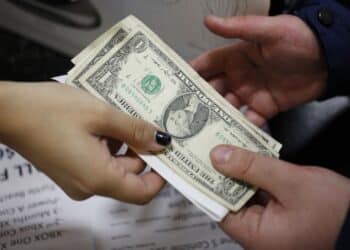Attorneys Seek CFPB Definition of Abusive Practices

The Consumer Financial Protection Bureau has set the ball rolling to define the term “abusive” in the Dodd-Frank Act, which prohibits lenders from committing unfair, deceptive, or abusive acts or practices.
Acting Director Mick Mulvaney announced the move in the CFPB’s rulemaking agenda released last month, but did not specify a timeline for the definition.
“Unfair and deceptive have been well defined over the years,” John Redding, partner for Washington, D.C.-based Buckley Sandler LLP, told AFN. “A lender can’t know if something is considered abusive because they don’t have something to measure against.”
Meanwhile, auto lenders have been on guard since the bureau’s September Supervisory Highlights report highlighted fraudulent and unfair practices related to billing statements and wrongful repossessions. Redding believes that any clarity from the bureau will help auto finance.
“It’s tough to build a compliance system around a concept that [lenders] don’t know what the guardrails are,” he said. “We may not want more regulation, but to get an understanding of what abusive means can only be helpful.”
While a definition to the term “abusive” may add clarity to the sector, it will likely have minimal impact on lenders’ operations, said Chris Willis, partner in Atlanta-based Ballard Spahr LLP’s litigation and consumer financial services groups, told AFN.
“Reining in the use of abusive doesn’t have a practical way of making an impact,” he said. Rather, the bureau’s recent mention of possible rulemaking related to the disparate impact doctrine would be far more valuable, he said.
















